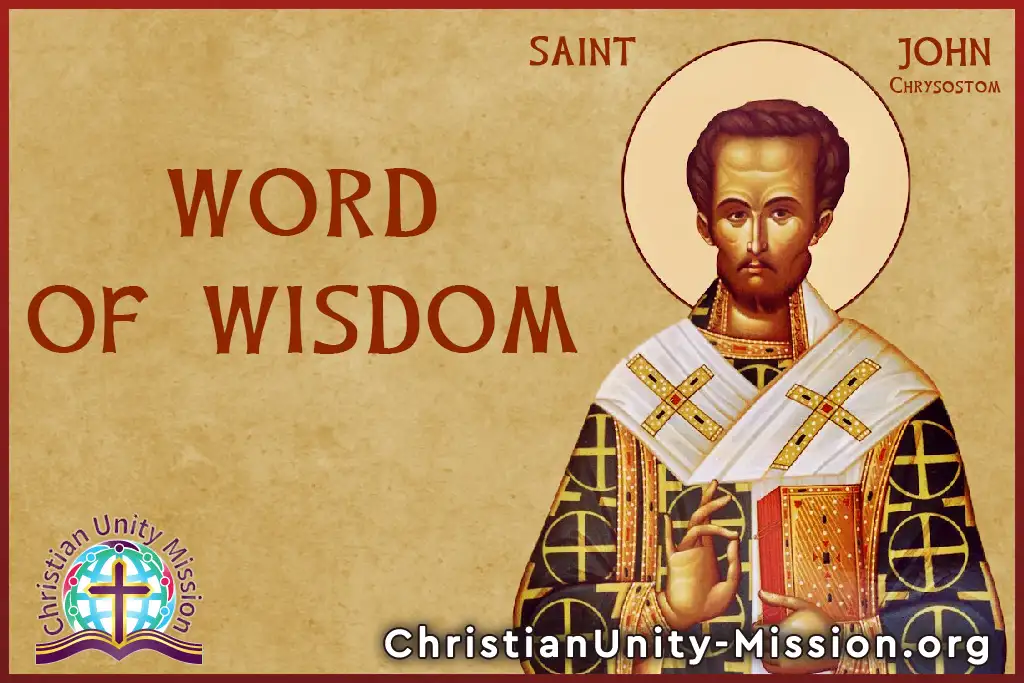Once, when he was strolling in a solitary place beyond the city and pondering about where to seek the way to the knowledge of Truth, he met an old man. In the ensuing conversation he revealed to Justin the essential nature of the Christian teaching and advised him to seek the answers to all the questions of life in the books of Holy Scripture. “But before anything else,” said the holy Elder, “pray diligently to God, so that He might open to you the doors of Light. No one is able to comprehend Truth, unless he is granted understanding from God Himself, Who reveals it to each one who seeks Him in prayer and in love.”
In his thirtieth year, Justin accepted holy Baptism (between the years 133 and 137). From this time Saint Justin devoted his talents and vast philosophical knowledge to preaching the Gospel among the pagans. He began to journey throughout the Roman Empire, sowing the seeds of faith. “Whosoever is able to proclaim Truth and does not proclaim it will be condemned by God,” he wrote.
Justin opened a school of Christian philosophy. Saint Justin subsequently defended the truth of Christian teaching, persuasively confuting pagan sophistry (in a debate with the Cynic philosopher Crescentius) and heretical distortions of Christianity. He also spoke out against the teachings of the Gnostic Marcian.
In the year 155, when the emperor Antoninus Pius (138-161) started a persecution against Christians, Saint Justin personally gave him an Apology in defense of two Christians innocently condemned to execution, Ptolemy and Lucias. The name of the third remains unknown.
In the Apology he demonstrated the falseness of the slander against Christians accused unjustly for merely having the name of Christians. The Apology had such a favorable effect upon the emperor that he ceased the persecution. Saint Justin journeyed, by decision of the emperor, to Asia Minor where they were persecuting Christians with particular severity. He proclaimed the joyous message of the imperial edict throughout the surrounding cities and countryside.
The debate of Saint Justin with the Rabbi Trypho took place at Ephesus. The Orthodox philosopher demonstrated the truth of the Christian teaching of faith on the basis of the Old Testament prophetic writings. Saint Justin gave an account of this debate in his work Dialogue with Trypho the Jew.
A second Apology of Saint Justin was addressed to the Roman Senate. It was written in the year 161, soon after Marcus Aurelius (161-180) ascended the throne.
When he returned to Italy, Saint Justin, like the Apostles, preached the Gospel everywhere, converting many to the Christian Faith. When the saint arrived at Rome, the envious Crescentius, whom Justin always defeated in debate, brought many false accusations against him before the Roman court. Saint Justin was put under guard, subjected to torture and suffered martyrdom in 165. The relics of Saint Justin the Philosopher rest in Rome.
Martyr Justin the Philosopher
The Holy Martyr Justin the Philosopher was born around 114 at Sychem, an ancient city of Samaria. Justin’s parents were pagan Greeks. From his childhood the saint displayed intelligence, love for knowledge and a fervent devotion to the knowledge of Truth. When he came of age he studied the various schools of Greek philosophy: the Stoics, the Peripatetics, the Pythagoreans, the Platonists, and he concluded that none of these pagan teachings revealed the way to knowledge of the true God.
Once, when he was strolling in a solitary place beyond the city and pondering about where to seek the way to the knowledge of Truth, he met an old man. In the ensuing conversation he revealed to Justin the essential nature of the Christian teaching and advised him to seek the answers to all the questions of life in the books of Holy Scripture. “But before anything else,” said the holy Elder, “pray diligently to God, so that He might open to you the doors of Light. No one is able to comprehend Truth, unless he is granted understanding from God Himself, Who reveals it to each one who seeks Him in prayer and in love.”
In his thirtieth year, Justin accepted holy Baptism (between the years 133 and 137). From this time Saint Justin devoted his talents and vast philosophical knowledge to preaching the Gospel among the pagans. He began to journey throughout the Roman Empire, sowing the seeds of faith. “Whosoever is able to proclaim Truth and does not proclaim it will be condemned by God,” he wrote.
Justin opened a school of Christian philosophy. Saint Justin subsequently defended the truth of Christian teaching, persuasively confuting pagan sophistry (in a debate with the Cynic philosopher Crescentius) and heretical distortions of Christianity. He also spoke out against the teachings of the Gnostic Marcian.
In the year 155, when the emperor Antoninus Pius (138-161) started a persecution against Christians, Saint Justin personally gave him an Apology in defense of two Christians innocently condemned to execution, Ptolemy and Lucias. The name of the third remains unknown.
In the Apology he demonstrated the falseness of the slander against Christians accused unjustly for merely having the name of Christians. The Apology had such a favorable effect upon the emperor that he ceased the persecution. Saint Justin journeyed, by decision of the emperor, to Asia Minor where they were persecuting Christians with particular severity. He proclaimed the joyous message of the imperial edict throughout the surrounding cities and countryside.
The debate of Saint Justin with the Rabbi Trypho took place at Ephesus. The Orthodox philosopher demonstrated the truth of the Christian teaching of faith on the basis of the Old Testament prophetic writings. Saint Justin gave an account of this debate in his work Dialogue with Trypho the Jew.
A second Apology of Saint Justin was addressed to the Roman Senate. It was written in the year 161, soon after Marcus Aurelius (161-180) ascended the throne.
When he returned to Italy, Saint Justin, like the Apostles, preached the Gospel everywhere, converting many to the Christian Faith. When the saint arrived at Rome, the envious Crescentius, whom Justin always defeated in debate, brought many false accusations against him before the Roman court. Saint Justin was put under guard, subjected to torture and suffered martyrdom in 165. The relics of Saint Justin the Philosopher rest in Rome.
In addition to the above-mentioned works, the following are also attributed to the holy martyr Justin the Philosopher:
1) An Address to the Greeks
2) A Hortatory Address to the Greeks
3) On the Sole Government of God
Saint John of Damascus preserved a significant part of Saint Justin’s On the Resurrection, which has not survived. The church historian Eusebius asserts that Saint Justin wrote books entitled
The Singer
Denunciation of all Existing Heresies and
Against Marcian
In the Russian Church the memory of the martyr is particularly glorified in temples of his name. He is invoked by those who seek help in their studies.
The holy martyrs Justin, Chariton, Euelpistus, Hierax, Peonus, Valerian, Justus and the martyr Charito suffered with Saint Justin the Philosopher in the year 166. They were brought to Rome and thrown into prison. The saints bravely confessed their faith in Christ before the court of the prefect Rusticus. Rusticus asked Saint Justin, whether he really thought that after undergoing tortures he would go to heaven and receive a reward from God. Saint Justin answered, “Not only do I think this, but I know and am fully assured of it.”
The prefect proposed to all the Christian prisoners that they offer sacrifice to the pagan gods. When they refused he issued a sentence of death, and the saints were beheaded.

